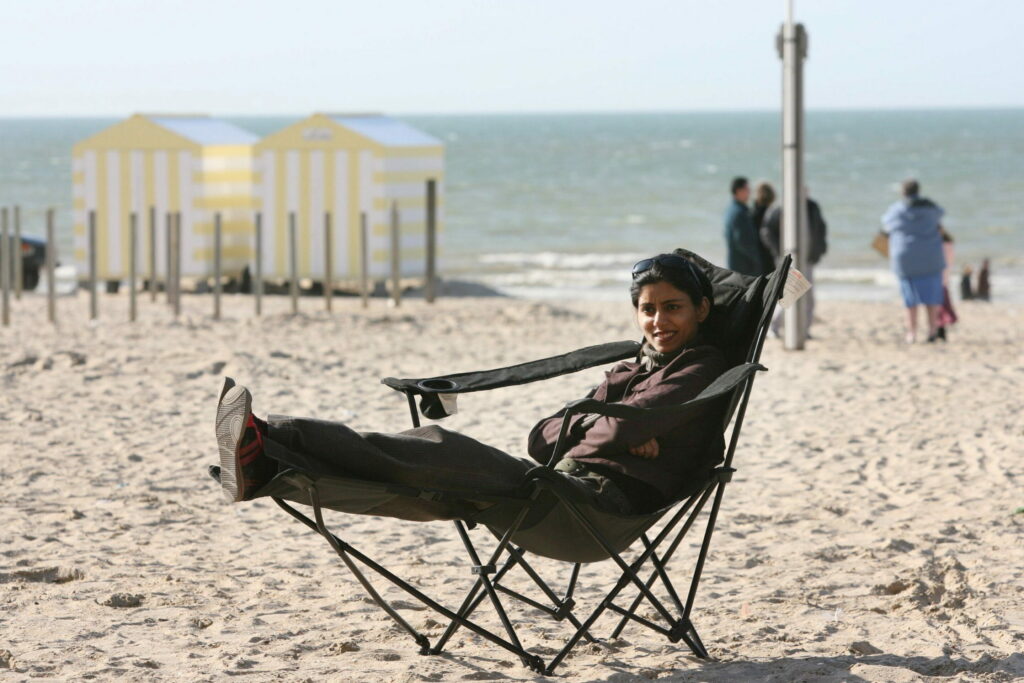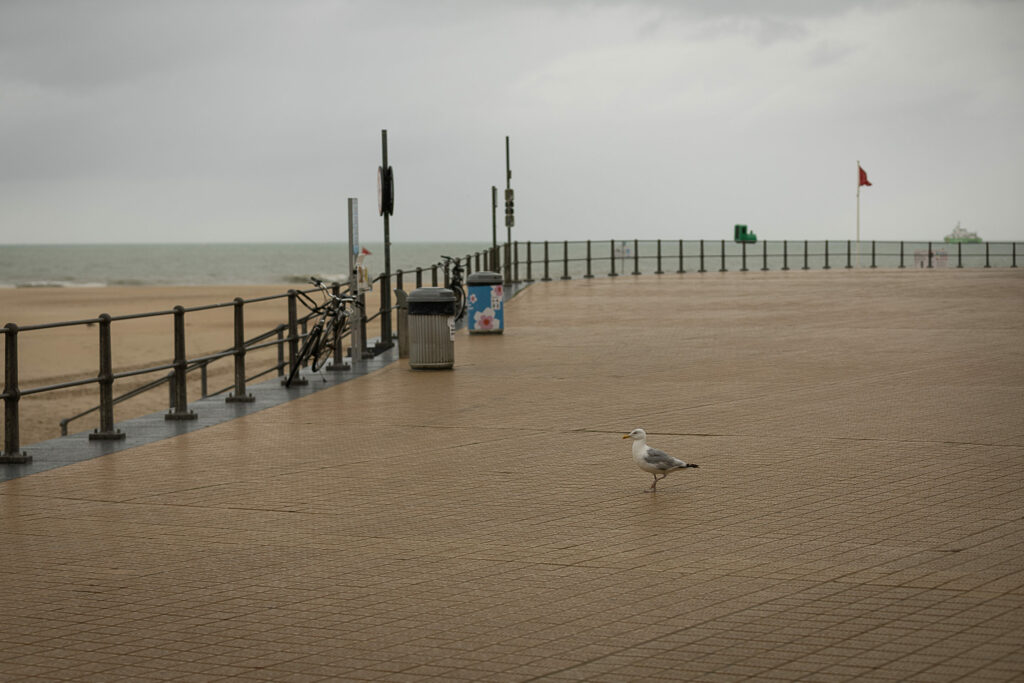Belgium's summer got off to a slow start, with disappointing weather in June and the first half of July, before conditions improved considerably in recent weeks. The lack of sustained periods of sun impacted coastal tourism, notably with fewer overnight stays in hotels.
2024 has been exceptionally wet, even by Belgian standards. Rainfall has been higher than monthly averages for ten consecutive months, frustrating many businesses that depend on more clement weather. About 236 hours of sunshine were recorded on the coast in July – lower than the July average for the last decade.
This has resulted in reduced revenue in the tourism sector, although there were a flurry of last-minute reservations for hotels as temperatures rose in the second half of July. Hotels on the coast saw an average occupancy rate of 70%, the West Flanders tourism board Westtour reported. A total of 4.8 million nights were booked throughout the month – a 6% drop compared to July 2023. But the industry was more optimistic as the month ended strong.
Hotel bookings were also affected by the fact that holidays for French-speaking schools start earlier than in the Dutch-speaking system. Given that 62% of reservations were by Flemish holidaymakers, it follows that the later holidays would have an effect on bookings earlier in the month. Just 23% of reservations were by Francophone Belgians. The remaining 15% were by foreign tourists – most prominently German nationals, followed by French and Dutch.

Summer on the Belgian coast can be hit and miss. Credit: Belga
The persistently bad weather has likely driven many holidaymakers who normally would consider taking breaks on the Belgian coast to go abroad, Bavo Delbaere of Westtour told The Brussels Times. Furthermore, the poor forecasts have led people to make plans at shorter notice, preferring more flexible platforms such as Airbnb to reserve accommodation.
In addition, some coastal municipalities have introduced tourism charges that affect rental agents, La Libre reports. Knokke for example has brought in a €250 tax per rental property. As a result, holiday homes must be rented for longer periods to be profitable, pushing tourists towards alternative booking platforms rather than commit to a vacation that could be spoiled by sustained rainfall.
But all is not lost, Delbaere believes, pointing to long-term investments that will keep people coming to the area. He highlighted the Beaufort Triennial, an exhibition of over 40 works of art in the dunes and on sea walls along the length of the coast. "Initiatives like this keep the coast a vibrant place and diversify the activities for visitors to enjoy." The coastal tram also allows people to enjoy the area.
Related News
- Sex, drugs and the Flemish coast: Belgian series 'Knokke Off' in Netflix global top five
- Bloom and grow: Ostend's tribute to James Joyce
- Two feet on the property ladder: One in ten Belgians own a second home
Delbaere adds that "two-thirds of tourism on the coast is outside the summer season," giving reason for optimism even if revenue has been diminished so far. He notes that day trips have risen by 8% compared to July 2023. This peaked on the National Day weekend (20/21 July), when some the region counted some 300,000 visitors each day.
So far for August, numbers are looking more promising: 44,000 nights have already been reserved in 150 coastal hotels. More so than July, Delbaere says that August is "high season", with businesses hoping to capitalise on fairer conditions.

